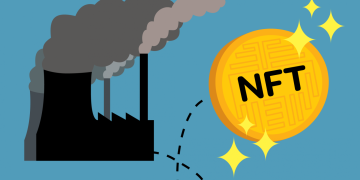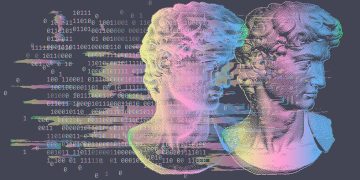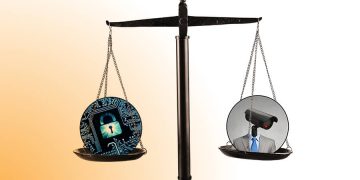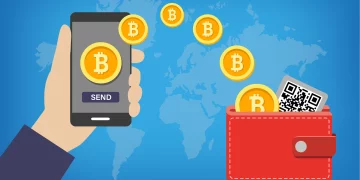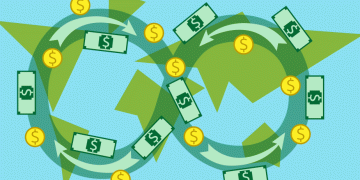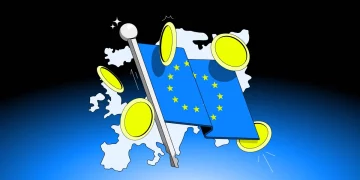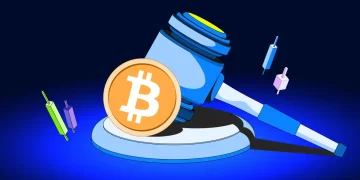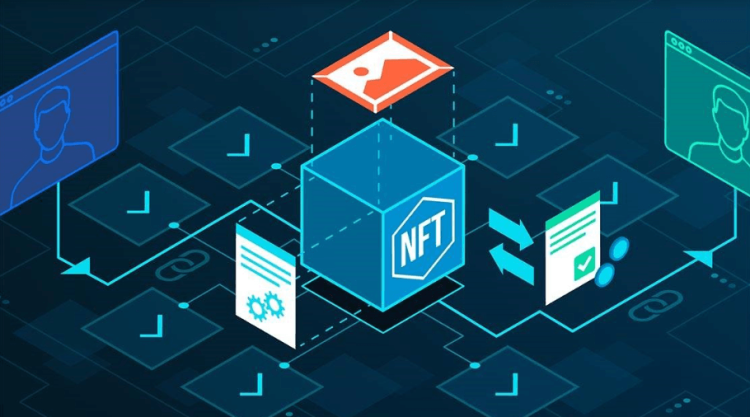Introduction
Non-Fungible Tokens (NFTs) have emerged as one of the most disruptive innovations in the digital world, revolutionizing the way we think about ownership, creativity, and value. By tokenizing unique digital or physical assets on the blockchain, NFTs have opened new avenues for creators, collectors, and investors. However, with the explosive rise of NFTs comes a range of legal risks that stakeholders must navigate to ensure compliance, protect their intellectual property, and minimize exposure to liability. These risks encompass everything from copyright infringement and fraud to regulatory uncertainty and contract disputes.
This article will explore the legal risks associated with NFTs and offer strategies for mitigating them. It will address key areas such as intellectual property, regulatory challenges, consumer protection, and the enforcement of smart contracts. Ultimately, this article aims to provide a comprehensive overview of how individuals and organizations can protect themselves in the rapidly evolving world of NFTs.
Understanding NFTs: A Brief Overview
Before diving into the legal risks, it is essential to understand what NFTs are and why they have gained such traction in the digital economy. NFTs are digital assets stored on a blockchain, representing ownership or proof of authenticity of a unique item. Unlike cryptocurrencies like Bitcoin, which are interchangeable and hold the same value (fungible), each NFT is unique and can represent a variety of items, including digital art, music, video, virtual real estate, collectibles, and even physical goods.
NFTs leverage blockchain technology to offer a decentralized and immutable ledger of ownership, ensuring that the creator’s rights are securely represented, and the buyer can prove the authenticity and scarcity of their purchased asset. While NFTs have opened up significant opportunities, the technology’s novelty and lack of established regulatory frameworks have led to various legal complexities.
Legal Risks in NFTs: Key Areas of Concern
1. Intellectual Property (IP) Issues
One of the most significant legal challenges facing NFTs is the issue of intellectual property (IP) rights. NFTs often involve the sale and transfer of digital assets that may be subject to copyright or trademark protections. The rise of NFT marketplaces has led to many cases of unauthorized use of copyrighted works and infringement of IP rights.
Copyright Infringement
A common legal issue in the NFT space is whether the person minting an NFT has the proper copyright to the digital asset. For example, if an individual mints an NFT of a digital artwork that they do not own the rights to, the artist or original creator can pursue legal action for copyright infringement. This situation is particularly common with works of digital art, where unauthorized individuals may create and sell NFTs based on another person’s intellectual property.
Licensing and Ownership Clarity
NFTs can create confusion over licensing agreements and ownership rights. When purchasing an NFT, buyers may believe they are acquiring full ownership of the digital asset itself, but in reality, they may only receive a limited license to use the asset. For instance, when an artist sells an NFT, the purchaser might acquire the ownership of the token but not necessarily the underlying rights to the artwork, such as the right to reproduce, distribute, or modify the work.
To mitigate these risks, it is crucial for NFT creators to clearly define the rights associated with the token they are minting. This can include specifying the scope of usage rights, whether the buyer has the ability to resell, or whether the NFT is simply a digital certificate of ownership with no broader IP rights.
2. Fraud and Misrepresentation
Fraudulent activities and misrepresentation in the NFT space are becoming increasingly common. Since NFTs are digital assets and can be minted by anyone, including anonymous entities, bad actors have found ways to exploit the system.
Fake or Plagiarized NFTs
One of the most frequent instances of fraud is the creation and sale of fake NFTs, where a fraudulent party mints a token representing an artwork that is not theirs. These individuals may present plagiarized or stolen digital art as original works, thereby deceiving buyers and violating copyright laws.
Pump and Dump Schemes
Another concerning issue is the emergence of pump-and-dump schemes, where groups of individuals artificially inflate the price of an NFT by promoting it aggressively, only to sell their holdings at the inflated price, leaving other buyers with worthless tokens. This creates an ethical and legal dilemma regarding market manipulation.
Mitigation Strategies:
- Verification of Ownership: Platforms should implement mechanisms to verify the authenticity of digital assets before they can be minted into NFTs. This includes verifying the creator’s identity and ownership rights to the digital work.
- Market Monitoring: NFT marketplaces must create anti-fraud protocols to monitor transactions for suspicious activities, ensuring that buyers and sellers are protected from fraudulent actions.
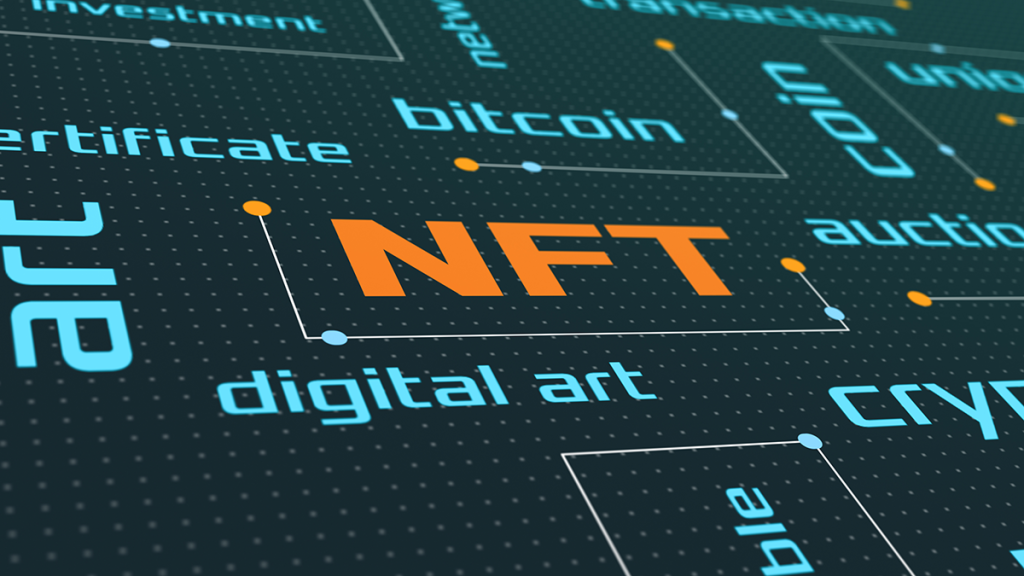
3. Regulatory and Taxation Challenges
As NFTs continue to grow, regulatory authorities worldwide are beginning to examine how these assets should be treated under existing laws. The regulatory landscape for NFTs remains largely uncertain and fragmented across different jurisdictions, and this presents legal risks for both creators and investors.
Securities Regulation
In some cases, NFTs could be classified as securities if they offer the buyer a claim to future profits or an investment in a project. In the United States, the Securities and Exchange Commission (SEC) has already investigated whether certain types of digital assets, including NFTs, qualify as securities under the Howey Test. If NFTs are deemed securities, they would be subject to complex securities laws and regulations, including registration and disclosure requirements.
Taxation
Tax authorities also face challenges in properly assessing how NFTs should be taxed. Many jurisdictions are still grappling with how to classify NFTs for tax purposes. Should they be treated as capital gains or as collectibles? How should creators and resellers report their income from NFT transactions? Unclear tax rules can expose NFT participants to the risk of penalties for non-compliance.
Global Regulatory Compliance
NFTs are traded globally, and regulatory approaches can vary widely by country. For example, China has taken a hard stance against cryptocurrency trading, while the European Union is actively working on regulatory frameworks for digital assets. Creators and investors must stay informed about how NFTs are classified in different regions to avoid running afoul of local laws.
Mitigation Strategies:
- Legal Consultation: NFT creators and buyers should work with legal professionals to understand the applicable laws in their jurisdiction and ensure compliance with any relevant securities and tax regulations.
- Stay Informed: NFT platforms should monitor global regulatory developments and adapt to changing rules. This includes ensuring compliance with anti-money laundering (AML) and know-your-customer (KYC) requirements.
4. Consumer Protection and Dispute Resolution
With the increasing popularity of NFTs, consumer protection has become a major concern. The lack of standardization in the NFT space can lead to ambiguity regarding the rights of buyers and sellers, as well as the enforcement of contracts.
Disputes Over Ownership and Rights
NFT ownership can be difficult to dispute, but issues arise when an NFT is resold, or if it is found to be fraudulent. What happens if an individual purchases an NFT only to later discover that the underlying asset has been copied or stolen? What recourse does the buyer have in the absence of clear consumer protection laws?
Smart Contract Enforceability
Many NFTs are governed by smart contracts, which automatically execute and enforce the terms of an agreement. However, if there is a breach of contract or if the smart contract contains an error, it may be difficult for parties to resolve disputes, especially in decentralized environments where there may not be a clear party responsible for fixing issues.
Mitigation Strategies:
- Clear Terms and Conditions: NFT platforms and creators should develop clear and transparent terms of service and licensing agreements that outline the rights and obligations of buyers and sellers.
- Third-Party Mediation: Establishing independent dispute resolution mechanisms, such as third-party arbitration or mediation, can help resolve conflicts in a manner that is both efficient and legally sound.
Conclusion
NFTs have fundamentally changed the way we think about ownership, creativity, and digital assets. However, the legal landscape surrounding NFTs remains complex and evolving. From intellectual property and fraud to regulatory uncertainty and consumer protection, NFTs present several legal risks that must be carefully managed.
By implementing best practices such as clear IP rights definitions, fraud prevention measures, regulatory compliance, and robust dispute resolution frameworks, NFT creators, platforms, and investors can better navigate these risks. As the NFT space matures, stakeholders must remain vigilant and adaptable to ensure that this exciting new technology continues to thrive in a legally sound and ethically responsible manner.
In the fast-paced world of NFTs, knowledge is power. Understanding the legal risks and proactively addressing them will be critical in shaping the future of NFTs and their role in the global digital economy.



















